
SHOCKING Tips to Lower Cholesterol! Foods You Need to Know!

Natural Tips for Managing Cholesterol Effectively
Managing cholesterol is a key component of maintaining a healthy heart and overall well-being. While medication may be necessary for some individuals, many people can significantly improve their cholesterol profile through natural strategies. Here’s a comprehensive guide to managing cholesterol naturally, focusing on lifestyle, diet, and daily habits that support cardiovascular health.
Rethinking Eggs and Cholesterol
The Truth About Eggs
For years, eggs were misunderstood due to their cholesterol content. However, modern research reveals that dietary cholesterol has far less impact on blood cholesterol than once believed. In fact, moderate egg consumption can actually contribute positively to heart health.
Health Benefits of Eggs
-
Improved HDL Levels: Eggs can raise high-density lipoprotein (HDL), often called “good” cholesterol.
-
Vision Protection: Eggs are rich in lutein and zeaxanthin—two carotenoids that support eye health and may prevent macular degeneration.
-
Brain Function Support: Eggs are a top source of choline, a vital nutrient for brain development and cognitive performance.
-
Heart Health Support: Pasture-raised eggs contain omega-3 fatty acids, which are anti-inflammatory and protective of heart function.
Context: From Misconceptions to Clarity
Earlier studies failed to differentiate between LDL (bad) and HDL (good) cholesterol, leading to blanket fears about cholesterol-rich foods. Today, research emphasizes the role of saturated and trans fats, not dietary cholesterol alone, in raising harmful cholesterol levels.
Blueberries: A Heart-Healthy Superfruit
Blueberries are more than just a delicious snack—they’re packed with bioactive compounds that fight inflammation, support the immune system, and promote cardiovascular wellness.
How Blueberries Help Your Heart
-
Reduce Inflammation: Anthocyanins in blueberries combat systemic inflammation, which is linked to heart disease.
-
Boost Immune Function: Research shows that consuming blueberry smoothies can enhance immune response, thanks to their antioxidant power.
-
Lower LDL Oxidation: Blueberries help prevent LDL cholesterol from oxidizing, a critical step in the prevention of artery plaque formation.
The Importance of Cardiovascular Health
Your heart is the engine that keeps your body running, pumping oxygen-rich blood to your tissues. Prioritizing heart health is essential, especially since cardiovascular disease is the leading cause of death globally.
Steps to Improve Your Blood Lipid Profile
-
Reduce Saturated and Trans Fats: These fats can raise LDL levels and should be minimized in your diet.
-
Adopt the Mediterranean Diet: Rich in fruits, vegetables, olive oil, whole grains, legumes, and lean proteins like fish, this eating pattern supports heart health.
-
Embrace Healthy Fats: Replace unhealthy fats with monounsaturated and polyunsaturated fats, such as those in avocados, nuts, seeds, and olive oil.
-
Increase Soluble Fiber: Foods like oats, legumes, and leafy greens help trap and remove cholesterol from the body.
-
Eat More Plant-Based Foods: A diet rich in vegetables, fruits, beans, and whole grains helps maintain healthy cholesterol levels and supports weight management.
Managing Blood Pressure Naturally
High blood pressure often goes hand-in-hand with high cholesterol, compounding heart disease risk. Fortunately, both can be managed simultaneously with the right dietary and lifestyle choices.
Natural Ways to Lower Blood Pressure
-
Reduce Sodium Intake: Aim for less than 2,300 mg of sodium per day—ideally closer to 1,500 mg for those at higher risk.
-
Eat Potassium-Rich Foods: Spinach, bananas, beets, and sweet potatoes help counteract the effects of sodium.
-
Stay Hydrated: Drinking enough water supports kidney function and blood pressure regulation.
Stabilizing Blood Sugar for Heart Protection
Chronic spikes in blood sugar can damage blood vessels and increase your risk of cardiovascular problems. Keeping your blood sugar stable is a key part of heart health.
Tips for Blood Sugar Balance
-
Avoid Sugary Snacks and Beverages: Opt for whole, minimally processed foods instead.
-
Pair Carbs with Protein or Healthy Fats: This slows the absorption of sugar into your bloodstream.
-
Exercise Regularly: Physical activity improves insulin sensitivity and glucose uptake by your muscles.
Lifestyle Habits That Support Heart Health
Beyond diet, lifestyle choices have a powerful effect on cholesterol and heart health.
Exercise
-
Aim for 150 minutes per week of moderate aerobic activity like walking, cycling, or swimming.
-
Include resistance training twice a week to build lean muscle and support metabolic health.
Sleep
-
Get 7–9 hours of quality sleep per night. Poor sleep can increase LDL cholesterol and raise your risk for high blood pressure and obesity.
Stress Management
-
Chronic stress can elevate blood pressure and cholesterol levels.
-
Try mindfulness practices like meditation, yoga, or deep breathing exercises.
Monitoring and Medical Guidance
Keeping tabs on your heart health allows you to make informed decisions and intervene early when needed.
Regular Screenings
-
Blood Lipid Panels: Monitor HDL, LDL, total cholesterol, and triglyceride levels.
-
CRP Tests: High-sensitivity C-reactive protein tests can indicate inflammation linked to heart disease.
-
Routine Physical Exams: Regular check-ins with your healthcare provider are essential for early detection and prevention.
Medications: When Natural Approaches Aren’t Enough
While many people can manage cholesterol naturally, some may require medications like statins to achieve optimal levels. Medications work best when combined with dietary changes and a heart-healthy lifestyle.
Taking a Proactive, Holistic Approach
The best strategy for managing cholesterol involves a combination of diet, exercise, regular monitoring, and—when necessary—medication. By adopting these natural practices and staying engaged with your health care, you can reduce your risk of heart disease and support a longer, healthier life.
News in the same category


How to Safely Remove Milia

Natural Methods to Destroy Bloating and Heartburn-Causing Bacteria in Your Gut

Doctor warns of the worrying symptoms that mean common disorder could actually be bowel cancer

15 Early Signs Your Body is Fighting Cancer

common morning habits that may increase your risk of stroke

New COVID Wave Surges — Health Officials Sound Alarm As Cases Double
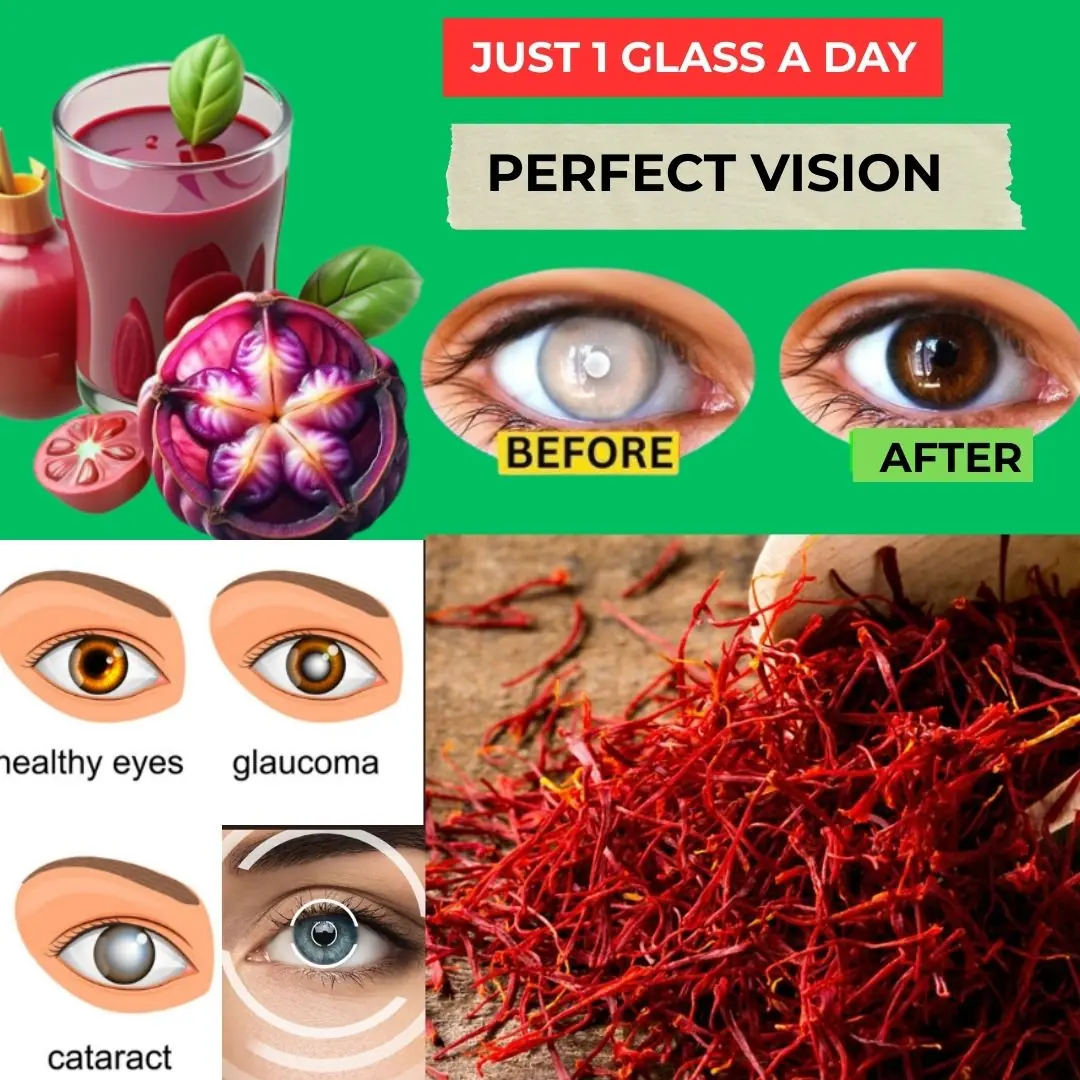
How to Improve Your Vision Naturally with One Simple Ingredient: Saffron

How to STOP Cravings FAST Without Dieting! (The Natural Ozempic?)

Doctors make disturbing discovery in the brains of heavy alcohol drinkers that 'can cause long-term effects'

World-first sperm race is happening soon and the creators have revealed how it will work
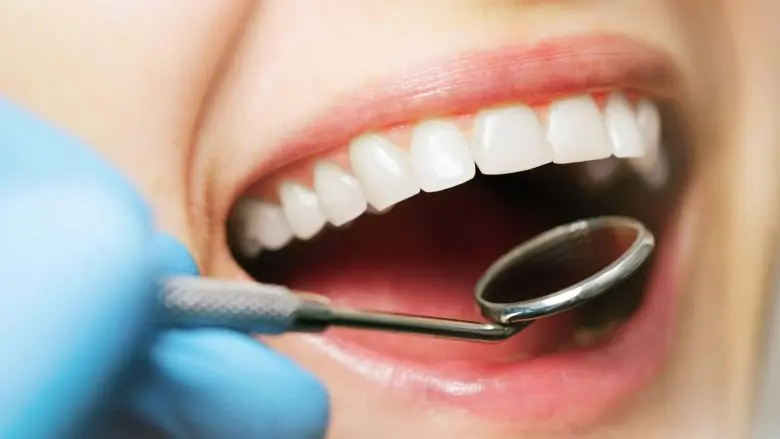
Scientists Grow First Fully Formed Tooth In Lab — A Groundbreaking Breakthrough

New COVID Wave Surges — Health Officials Sound Alarm As Cases Double

10 Things That Men May Find Unattractive About Women Over 50
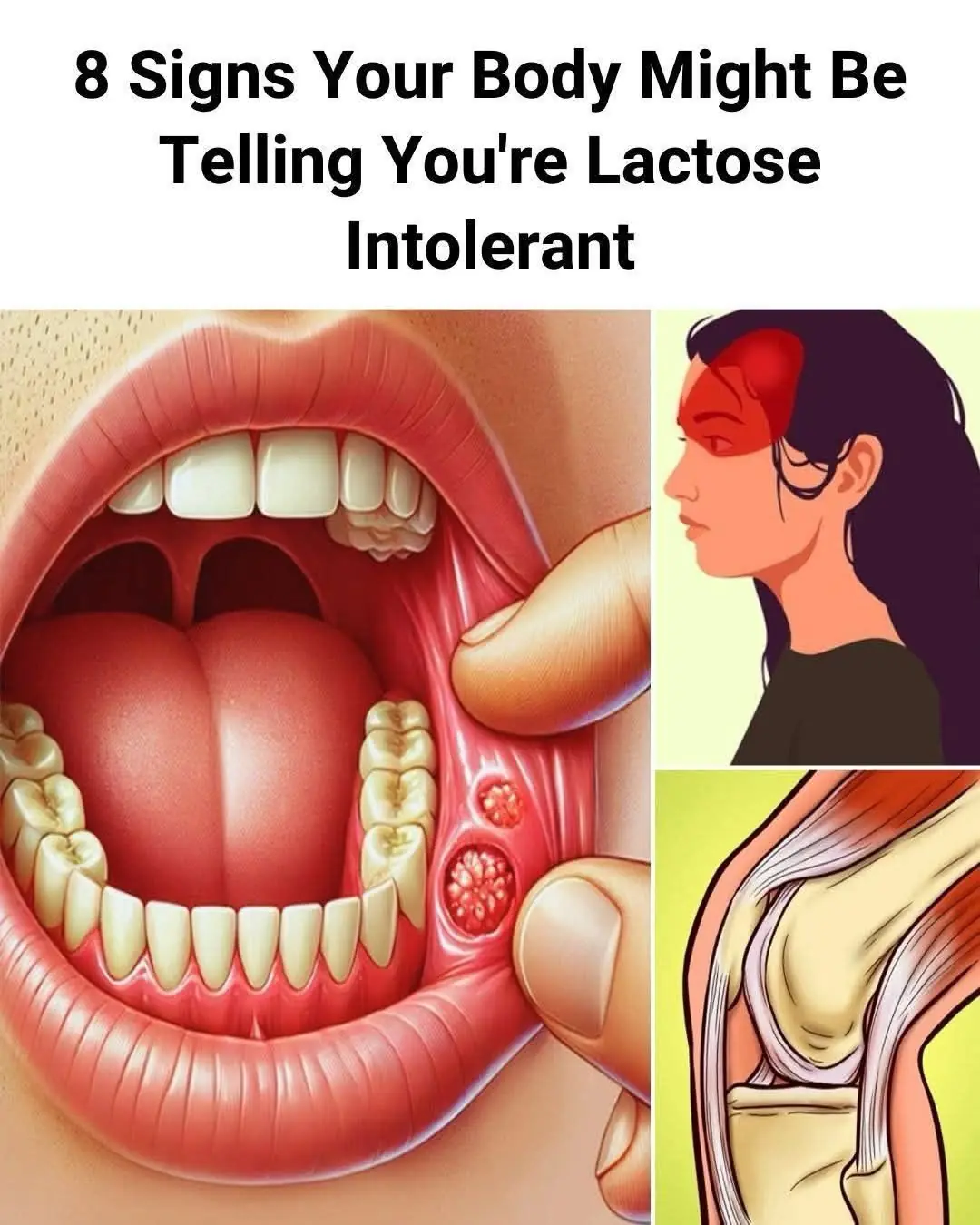
8 Signs You Might Be Affected by Lactose Intolerance
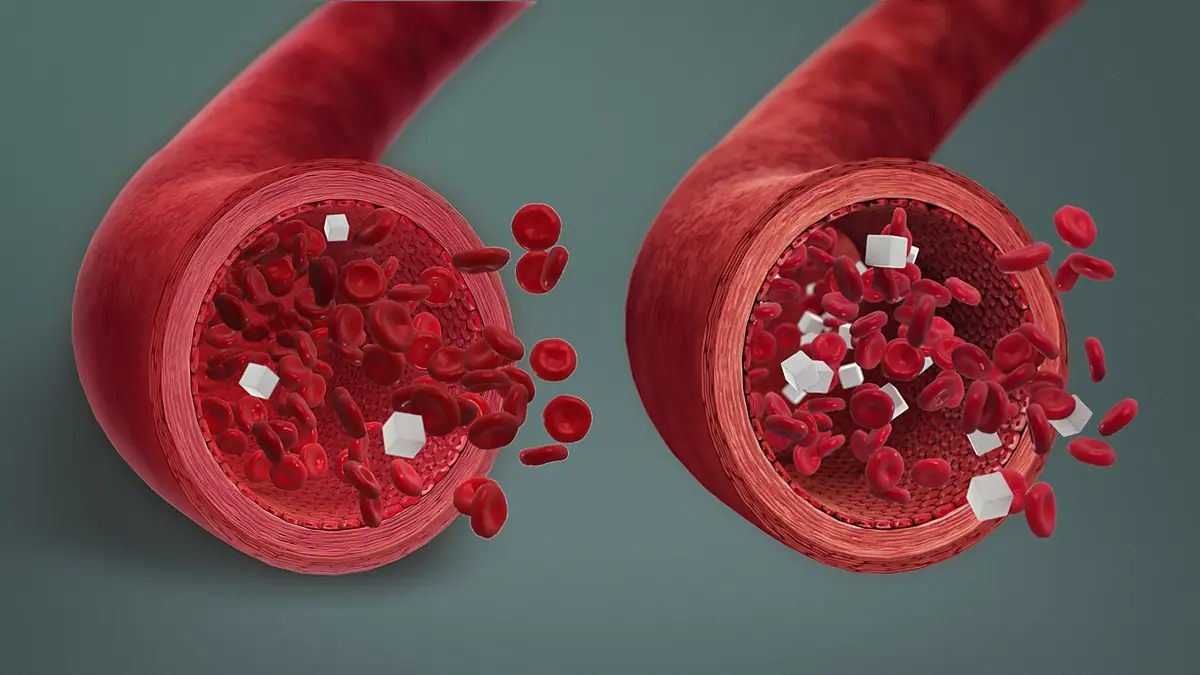
Understanding Diabetes: Types, Symptoms, Risks, and How to Manage It

Doctors Highlight A Rare Cancer Symptom That Can Appear On Your Toenails
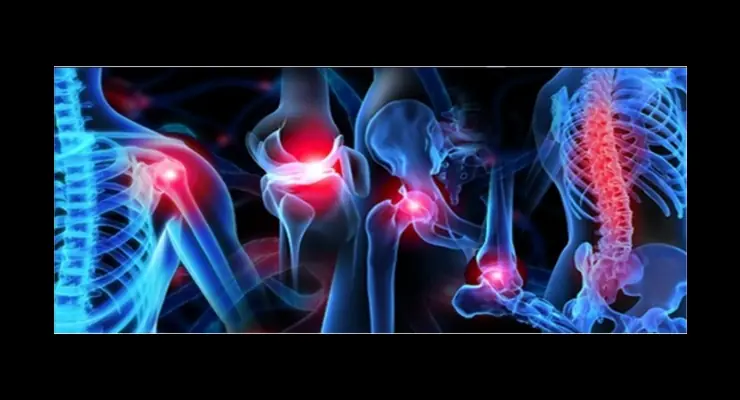
Stroke Warning Signs: When Your Body Sends a Silent SOS
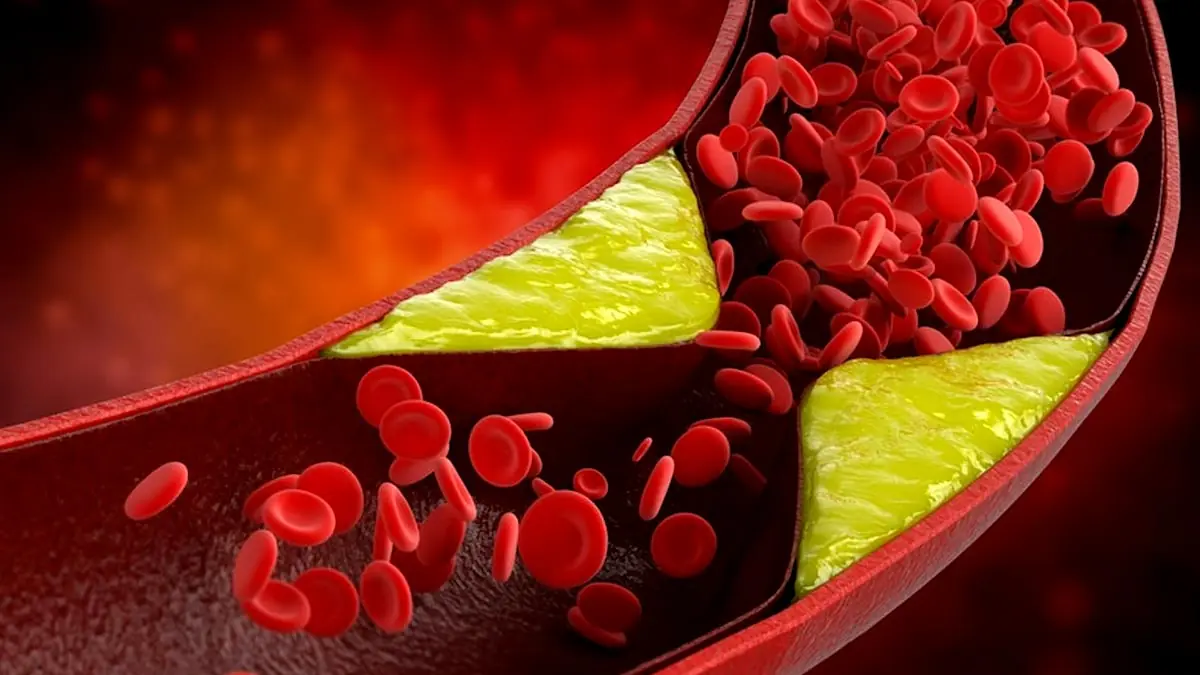
Understanding Cholesterol: The Good, the Bad, and How to Keep It in Check

Only 1 Cup a Day: Choose 1 of These 3 Drinks to CLEANSE Your Fatty Liver!
News Post

Scientists Have Discovered An Alarming Rise in Advanced Prostate Cancer in California

How to Safely Remove Milia

Natural Methods to Destroy Bloating and Heartburn-Causing Bacteria in Your Gut

Doctor warns of the worrying symptoms that mean common disorder could actually be bowel cancer

15 Early Signs Your Body is Fighting Cancer

common morning habits that may increase your risk of stroke

New COVID Wave Surges — Health Officials Sound Alarm As Cases Double

Photographer of tragic little girl trapped in volcanic mudflow explains why he didn’t help her

How to Improve Your Vision Naturally with One Simple Ingredient: Saffron

How to STOP Cravings FAST Without Dieting! (The Natural Ozempic?)
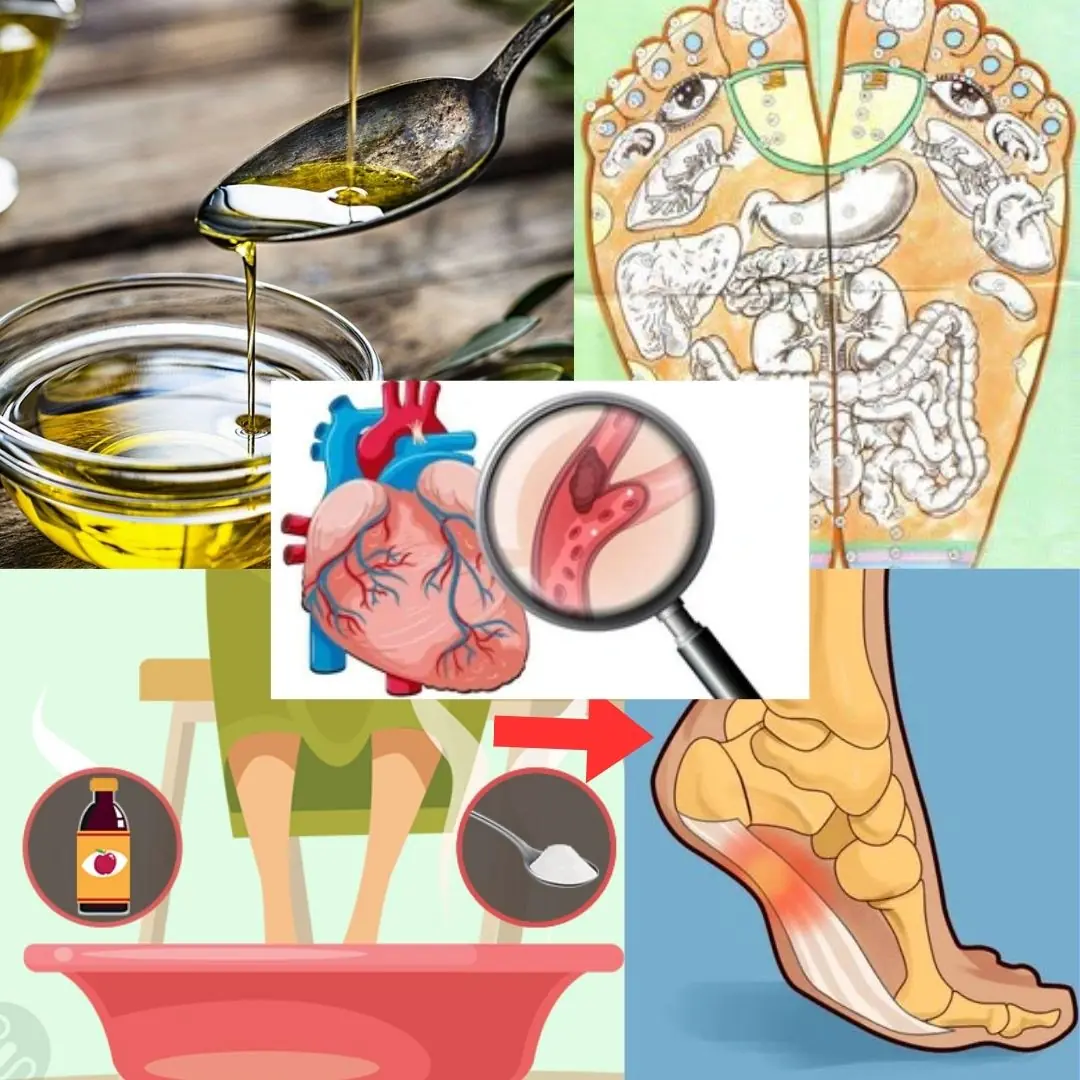
Homemade Natural Painkiller: A Simple 3-Ingredient Remedy for Fast Relief

URGENT: These Foods Improve Circulation INSTANTLY!

THEY BEGGED ME TO QUIT MY JOB TO WATCH MY GRANDKIDS – NOW THEY'RE DUMPING ME FOR DAYCARE

Grandma Saw the Sweater She Knitted for Her Granddaughter Donated and Decided It Was Time for a Talk About Appreciation

My Late Mom Left Me a Trust Fund, but My Dad Took Money from It for His Stepdaughter — I Finally Retaliated

My Husband Made Me Sell My Apartment to Pay Off His 'Business Debts' After Being 'Dumped' by His Partner — But It All Turned Out to Be a Lie

My Landlord Raised My Rent Because I Got a Promotion — Big Mistake Messing With a Single Working Mom of Three

All the Guests Brought Black Gifts to My Birthday Party — If Only I Knew What Was Coming

Cleaner Stepped Into a Stranger’s Home
